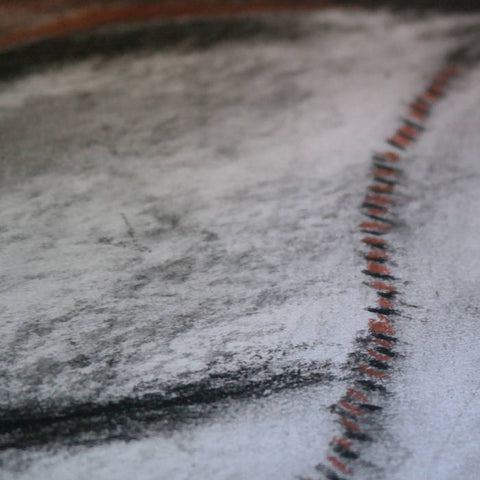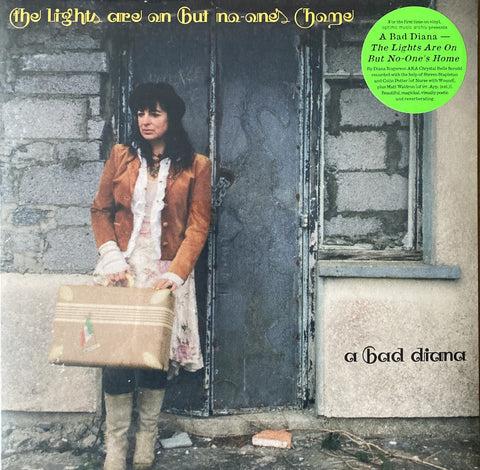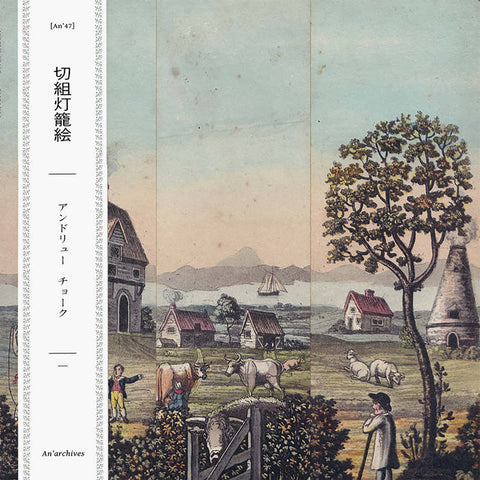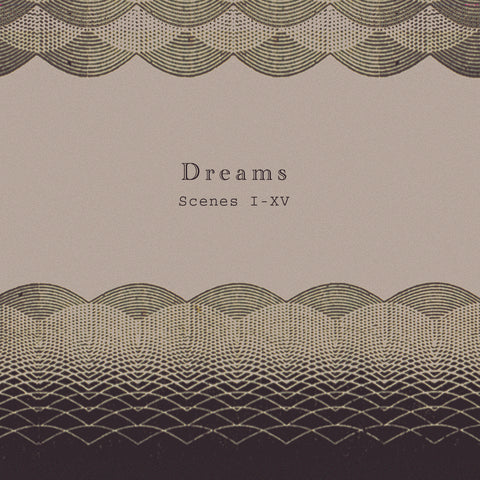PRE-SALE ORDERS NOW BEING TAKEN. CD WILL SHIP NEXT WEEK.
The first full length release from award winning experimental composer Michael Begg’s groundbreaking ensemble captures the group’s debut performance at Edinburgh’s Queen’s Hall in the final days before lockdown.
Black Glass, comprises members of the Scottish Chamber Orchestra alongside Begg and fellow experimental artist, Ben Ponton (:zoviet*france:). Here, they invoke an immersive and deeply moving medium of ambient sound in which processed electronics, field recordings, atmospheric receivers and live sonified streaming data from environmental and earth observation agencies combine with elegiac passages of strings, brass and tuned percussion to realise Begg’s vision of a new music that speaks to our growing sense of solastalgia*
* the term combining solace and pain, coined by philosopher Glenn Albrecht in 2005 to articulate the sense of existential distress caused by living through environmental change.
As musical director, Begg provides his troupe with both scores and the encouragement and support which enables the world class players to step out of their comfort zone and into an uncharted territory requiring them to improvise with satellite positional data, live weather systems, audio streams of calving glaciers – not to mention the experience of having their playing captured and returned to them live as processed loops.
Arise From The Twilight captures the realisation of one of the most compelling new fusions of contemporary classical and experimental music of recent times.
REVIEW FRON VITAL WEEKLY by Frans de Waard :
This is the first official release by the Black Glass Ensemble,
following an online, free work in which people submitted the B Minor chord for further editing and mixing. That was a work crafted during the lockdown, but on this first CD we find a recording from the Queen’s hall in Edinburgh, from February this year. In the ensemble we find founder Michael Begg ("scores, samples, data feeds, erosions"), Ben Ponton (of zoviet*france fame, "receivers, recordings, lapsteel guitar and forensics"), Clea Frined (cello), Aisling O'Dea 9violin), Julia Lungu (violin), Neil Cuthbertson (trumpet) Jen Cubertson (French horn) and Douglas Caskie (tuned and bespoke percussion). If you are familiar with Begg's 'other' work, sometimes carried out as Human Greed, although in recent years he prefers his own name and being an important part of Fovea Hex, then this new work is perhaps less of a surprise, and something that can be seen as an extension of the other work. The music is very ambient and highly atmospheric, but this time Begg arrives there from a more
modern classical music perspective. While the press texts talks about such things as "atmospheric receivers and live-streaming data from environmental and earth observation agencies", this is perhaps not always clear from the music. Surely, there is atmospheric disturbance that we hear, such as the beginning of the first piece, but quite soon the instruments take over, and they some delicate music; perhaps I should write 'mournful tunes', as it all sounds quite 'sad'. No doubt, that reflects the state of the environment these days, a requiem if you will for time to come. I understand that much of the Black Glass Ensemble deals with what Begg and Ponton bring to the table, but it is not always easy to hear. Now, that is not complaining; far from it, as I enjoyed this very much. It reminded me at times of the music by Arvo Part, but then with the addition of 'electronics'. However, at the same time I am also curious to hear what the two of them would come up, when there aren't many
other instruments. Maybe that is against the rules? Let's see; this is a most promising start.





